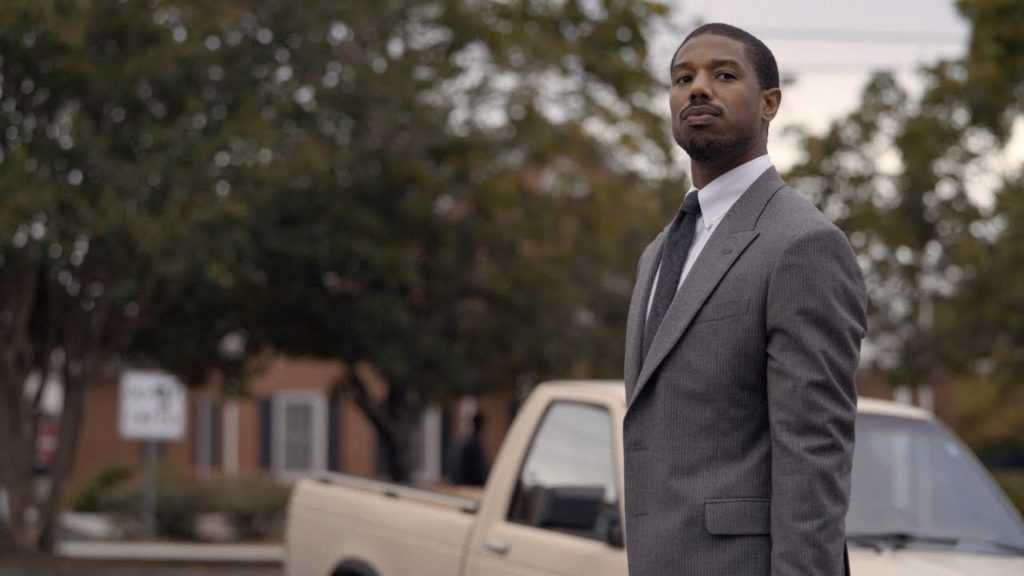“Each of us is more than the worst thing that we’ve ever done,” Michael B. Jordan stands tall in a U.S. Senate Committee Hearing, echoing those very words. These words are the manifesto of Bryan Stevenson, human rights lawyer and founder of the Equal Justice Initiative. In 2014 he published Just Mercy, a book about his experiences and time providing legal assistance to his clients who were serving time on Alabama’s death row.
In 2020 we get Destin Daniel Cretton’s film adaptation of the real-life horror story. Michael B. Jordan takes on the role of Bryan Stevenson against Jamie Foxx who plays Walter McMillian, a man sentenced to death row for a crime he did not commit. The strength lies not only in the harrowing tale of systematic racism in the American Criminal Justice system but the cast who tell that story. Cretton, Carmen Cuba and the rest of the casting department deserve all the awards they’re going to miss for creating such a beautiful reflection of their real-life counterparts.

Michael B. Jordan hones in on Bryan Stevenson’s quiet power, demonstrated in his 2012 TED Talk, owning his scenes with confidence, dialling carefully in on Stevenson’s sincerity with the illusion of ease. Jamie Foxx is at a career-best, remaining both hopeful and obstinate. He is the definition of what a supporting actor should be, graciously elevating the performances of those around him. O’Shea Jackson Jr and Rob Morgan also play real-life clients of Stevenson. Jackson Jr takes on wrongfully condemned Anthony Ray Hinton, a man who spent 30 years on death row and Rob Morgan depicts Herbert Richardson, a Vietnam veteran whose pivotal scene is the most harrowing of all. Tim Blake Nelson is another showstopper who embodies Ralph Myers, a man partially responsible for McMillian’s conviction, though just as much a victim of the system’s inherent prejudice.
Though its story is its strength, Just Mercy’s technical elements deserve equal merit. Joel P West’s score is one of the best of the year, complementing the narrative tone by weaving gently through with both hope and despair. Its sound design also deserves thoughtful regard for the way it builds a world inside of Holman Prison. The attention to detail is impeccable.
A film’s beating heart comes from its director, and there is no faulting Destin Daniel Cretton’s endeavours. The story he tells is historically challenging, particularly when it grapples with real-life events. There is no easy way to tell such stories. It has to come from a place of deep compassion and empathy, something Bryan Stevenson personifies. To those who know him, Stevenson is a “real-life superhero”, he has changed lives and brought hope to those who thought freedom was unimaginable.
The film lands the way it does due to its muse. Without him, this story does not exist. Any lawyer can pick up a case and tackle it headfirst, but only few can do it with such humanity and grace as Bryan Stevenson. Death Penalty cases are infamous for being built on a foundation of complexity that’s difficult to unravel. The subject matter is no mean feat, but Cretton and his crew do a brilliant job of maintaining its soul. It’s a shame Awards voters seem to be sleeping on it. It’s urgent, vital and stories similar to Mr McMillian’s still exist to this day. This film should act as a catalyst for conversations on the future of criminal justice reform. Everyone involved in the making should be immensely proud of their accomplishments.
Rating



